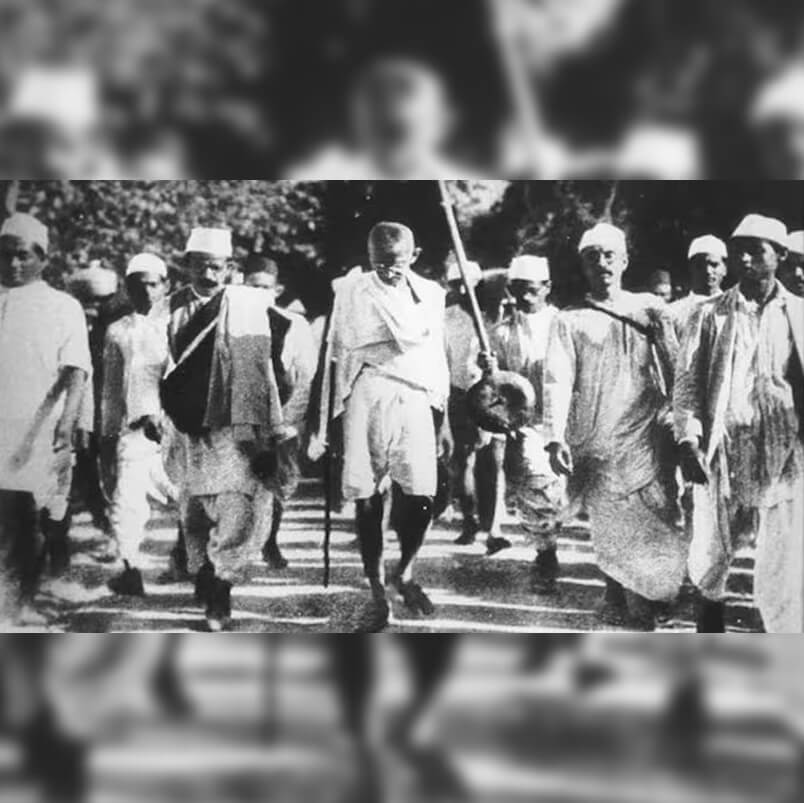Every year on October 2, India and the world observe Gandhi Jayanti, marking the birth anniversary of Mahatma Gandhi, the Father of the Nation. It is a national holiday in India, in which people celebrate by observing the ideals of Mahatma and cherish his memory. Mahatma Gandhi was not only influential in India but all over the world as his methods were also applied by Martin Luther King Jr in his Civil Rights Movement and Nelson Mandela in his fight against the South African apartheid regime.
Mahatma Gandhi, also known as Bapu, was a beacon of non-violence (Ahimsa), truth (Satyagraha), and self-reliance (Swadeshi). His approach to achieving freedom from British colonial rule was unique and groundbreaking. Instead of violent rebellion, Gandhi championed the power of non-violent resistance, which he called Satyagraha—a form of protest that seeks to bring about change through peaceful means.
Gandhi's concept of Ahimsa extended beyond physical non-violence; it was a way of life that emphasized respect for all living beings. This principle became the foundation of his social, political, and economic philosophy. He believed that true freedom and peace could only be achieved when individuals and societies embraced non-violence at their core.

The principle of Swadeshi—promoting self-reliance and supporting local economies—was another key aspect of Gandhi's vision. He encouraged Indians to boycott British goods and services and instead produce and use local products, particularly through spinning khadi (handwoven cloth). This movement was not only an economic strategy but also a means to empower the common people by making them active participants in the freedom struggle.
He led several significant movements, including the Non-Cooperation Movement (1920), the Salt March (1930), and the Quit India Movement (1942). Each of these movements was characterized by mass participation, non-violent civil disobedience, and a moral stand against colonial rule. The Salt March, in particular, is a shining example of his ability to mobilize millions through peaceful protest. Walking over 240 miles from Sabarmati Ashram to the coastal town of Dandi, Gandhi and his followers defied British laws by making their own salt from seawater. This act of peaceful defiance not only captured the imagination of the Indian people but also attracted global attention to India’s struggle for independence.
Gandhi Jayanti is marked by a series of events across India, including prayer services, commemorations, and community activities. The day is observed as a national holiday, and schools, institutions, and governments hold special programs to honour Gandhi's life and contributions. Raj Ghat, his memorial in New Delhi, becomes a focal point for these celebrations, with leaders and citizens alike paying homage by offering prayers and flowers.
In 2007, the United Nations declared October 2 as the International Day of Non-Violence, further underscoring Gandhi’s global legacy. On this day, people around the world are encouraged to adopt non-violent means in resolving conflicts, fostering harmony, and promoting sustainable development.
Child Help Foundation respects the contribution of Mahatma Gandhi in the Indian Freedom Struggle and hopes to make them proud by creating a better nation. To date, Child Help Foundation has made a positive impact in the lives of 48,45,101 people.
